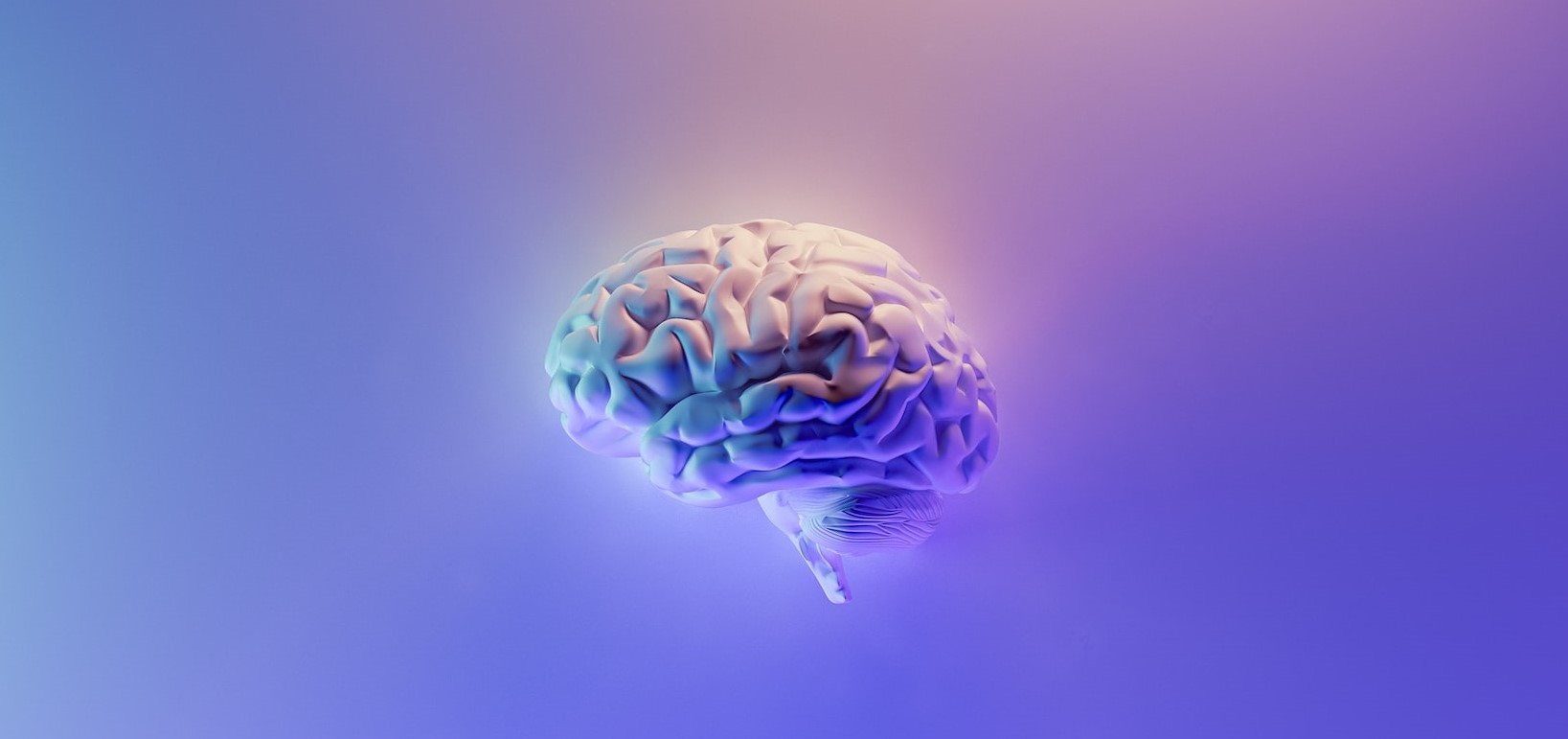Of all the innovations in modern digital technology, artificial intelligence (AI) is one of the most prominent.
The analytical and time-saving capabilities of AI have many useful applications across numerous industries. But what about the use of AI for jury selection? Are jury trials an appropriate area for this level of digital intrusion?
The truth is that AI tools are already being employed to assist attorneys with jury selection.
Many firms welcome these data insights and the guidance they provide in the uncertain realm of selecting trial jurors. However, there are concerns about these tech tools incorporating biases and discriminatory attitudes — which may not only make them less useful, but potentially even unlawful.
How AI is being used for jury selection
The most common use of AI in jury selection is searching the internet for online information about prospective jurors.
Using different forms of AI such as machine learning and natural language processing (NLP), these tools can sift through voluminous data on social media platforms, public records, and other online locations to find information that might affect a person’s favorability as a potential juror.
This work would be nearly impossible to complete with legal professionals working manually.
How do these tools work exactly?
The approach of the legal AI tool Voltaire is instructive here. The Voltaire application (1) searches all public data related to the prospective juror, (2) correlates the data with known patterns of human behavior, and (3) provides a detailed profile with the person’s personality type and a summary of their views and biases.
Both Voltaire and another legal AI tool called Vilijent construct their juror profiles in similar ways.
Specifically, they use NLP to sort the jurors using the “big five” personality traits model, with the following categories:
- Openness to experience
- Conscientiousness
- Extraversion and introversion
- Agreeableness
- Neuroticism
The attorneys can then use this information to predict any biases a potential juror may have.
Another approach for AI jury selection is using AI to analyze focus groups and mock trials.
This technology actually monitors juror reactions and feedback to the attorneys’ presentations. Then, the tools provide strategic recommendations for the actual trial, including jury selection.
The benefits of artificial intelligence for jury selection
The most obvious benefit of using AI for jury selection is simple — conducting a wide-ranging analysis of potential jurors that would not be practical with associate attorneys or other legal professionals using manual processes.
A trial lawyer may not receive a list of names for the juror pool, perhaps hundreds of names long, until 24 hours before that day’s jury selection. This technology is saving legal professionals from an overwhelming task that they would likely not be able to perform in the necessary timeframe.
Another potential upside is the ability of AI to provide a thorough understanding of a potential juror’s predilections and personality traits. This technology could potentially predict such traits as a person’s opinions, hobbies, attitudes, and political party affiliation.
Many trial attorneys would consider this extremely useful information when picking juries.
And there may be scientific backing for this conclusion — at least one study has found jurors with higher levels of conscientiousness and extraversion have some tendency to return not-guilty verdicts in criminal trials.
Common concerns about AI jury selection
One major concern about the use of AI in jury selection is its accuracy.
There is extremely limited research into the correlation between personality traits and jury verdicts. AI tools may simply be providing the appearance of usefulness to trial lawyers, while still depending on the same gut instincts attorneys have traditionally relied on.
AI could also introduce bias and discrimination concerns into the jury selection process.
Attorneys have a constitutional mandate to not consider gender or race when picking juries. If the software’s algorithm favors or disfavors a certain race or gender, even in an unintentional manner, this could lead to violations of this bright-line rule.
Some jury selection AI tools also make promises about the usefulness of their data that may be misleading.
Moreover, the data these tools rely on could specifically violate the prohibition against race or gender bias. For example, one company uses an algorithm that uses a potential juror’s race to predict personality traits.
Where do we go from here?
To the extent that the AI tools are performing work that legal professionals would do themselves without the barriers of time and expense, this technology may simply be a convenient time-saver.
However, attorneys should be aware that jury selection will continue to be more of an art than a science, with no surefire way of knowing how any potential juror will proceed.
As for any indication that an AI tool increases the chance of racial or gender bias, this should be a major red flag for trial lawyers. Even if you were to prevail at trial, any later-discovered evidence in your AI algorithm could constitute grounds for a mistrial or appeal.
The bottom line?
Proceed with caution in your use of artificial intelligence for jury selection.
While these AI tools could hold great promise, there is still only so much technology can do to make the uncertain jury selection process more predictable.
Read more about artificial intelligence and the legal industry in these articles:
- Artificial intelligence in legal technology: what it is and what it isn’t
- The 6 best legal tech innovations of the last 10 years
- Will technology steal my paralegal job?
Author

After a fifteen-year legal career in business and healthcare finance litigation, Mike Robinson now crafts compelling content that explores topics around technology, litigation, and process improvements in the legal industry.
View all posts





